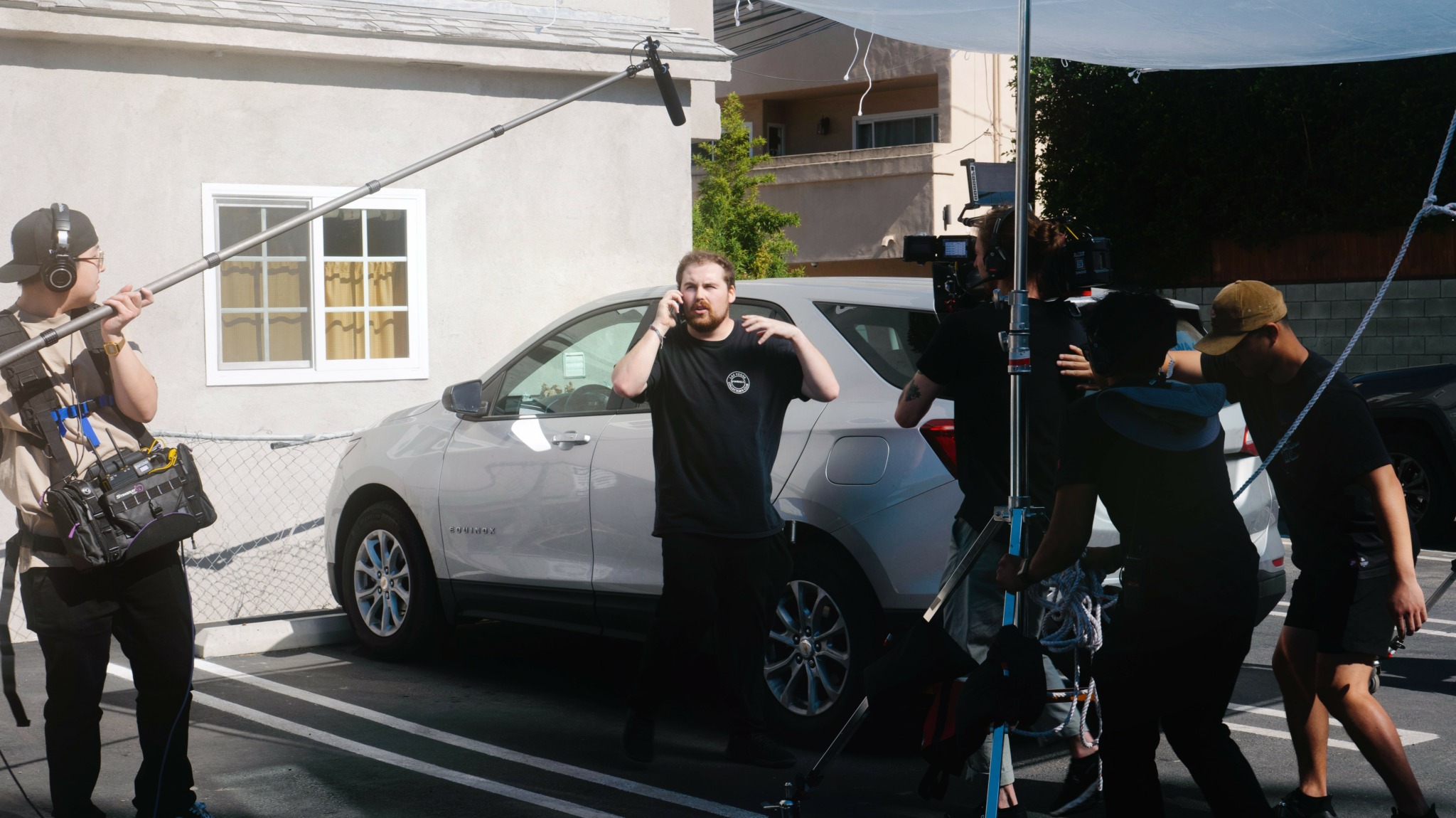We recently connected with Alec Cohen and have shared our conversation below.
Alec, appreciate you joining us today. Did you always know you wanted to pursue a creative or artistic career? When did you first know?
It all started when my mom gave me a flip video camera for Hanukkah in 2009, and that simple gift changed everything for me. Before then, I was fascinated by YouTube—I’d watch countless videos and dreamed of creating my own. But I didn’t have a way to capture any of my ideas. That camera felt like a door swinging wide open. The same day I got it, I began making videos, diving headfirst into learning how to film, edit, and share my work online. It wasn’t just a hobby; it was an obsession.
As I grew more comfortable with the camera, my love for video creation only deepened. What started as fun YouTube experiments gradually became more ambitious. I was hooked, and by the time I was 13, I realized I wanted to be a filmmaker, not just a YouTuber. There was something about the power of storytelling—about creating narratives that could move people and the communal experience of watching a movie in a theater—that felt like the highest form of art. I still loved YouTube and the freedom it offered, but I knew my passion was leading me towards filmmaking. The gift of that little flip camera set me on a path that I’ve never looked back from.
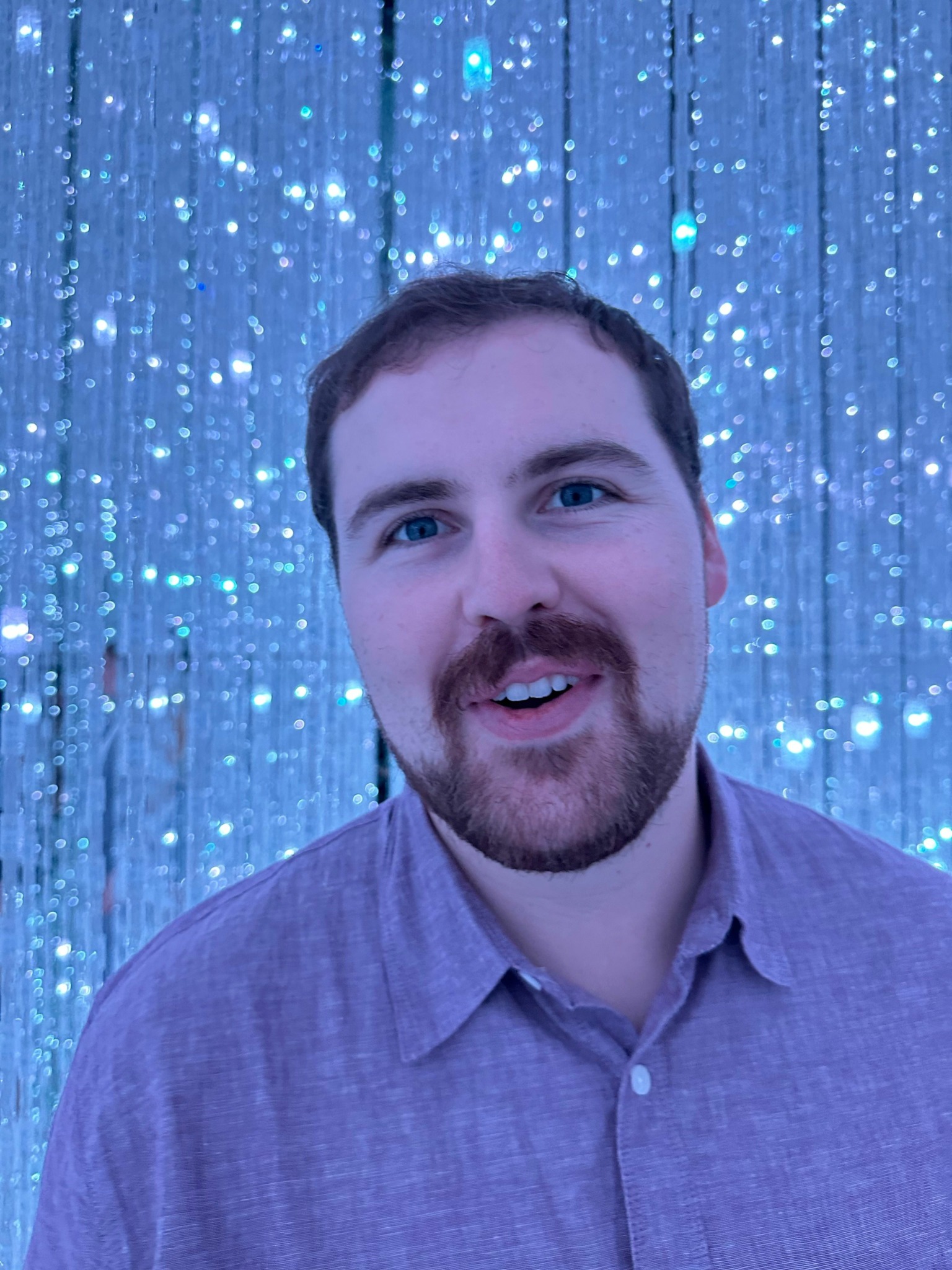
As always, we appreciate you sharing your insights and we’ve got a few more questions for you, but before we get to all of that can you take a minute to introduce yourself and give our readers some of your back background and context?
I’m a freelance director, producer, and content creator currently based in Los Angeles. My journey into the industry began back in high school when I worked with top influencer marketing companies, which helped me understand the intersection between art and commerce. This early exposure led me to pursue film more seriously, and I attended NYU’s Tisch School of the Arts. Being immersed in Tisch’s artistic environment helped shape my vision and confirmed my desire to be a narrative feature film director.
After graduating, I made the leap to Los Angeles, where I’ve spent the past few years creating a wide range of content. I’ve directed commercials for leading brands in the filmmaking equipment world like Aputure Lighting, Creamsource, and Filmtools. At the same time, I’ve been producing and developing narrative projects that I’m incredibly proud of. My short films—Lies, Petunia, and the upcoming Necessity—have been screened at prestigious film festivals and attracted attention from industry insiders, including Hollywood directors and executives.
In addition to my narrative work, I’ve produced vertical shorts and viral content for companies like the NFL, Netflix, and Hat Club. I’ve had the privilege to shadow and learn from some of my favorite directors, including Jim Cummings and Chris Marrs Piliero, who have been a huge influence on my style and approach. This passion for filmmaking even led me to start a podcast called My First Film, where I’ve had the pleasure of interviewing amazing guests like Francis Galluppi, Justin Benson, and Aaron Moorehead.
Looking ahead, 2025 is shaping up to be an exciting year with the development of my debut feature, Petunia. But I’m always open to new opportunities, no matter the scale. I consider myself a bit of a Swiss army knife on set—ready to take on any challenge and bring creative visions to life. Where I feel I stand out is my understanding of how to market projects with artistic merit and find the balance between high art and commercial affability.
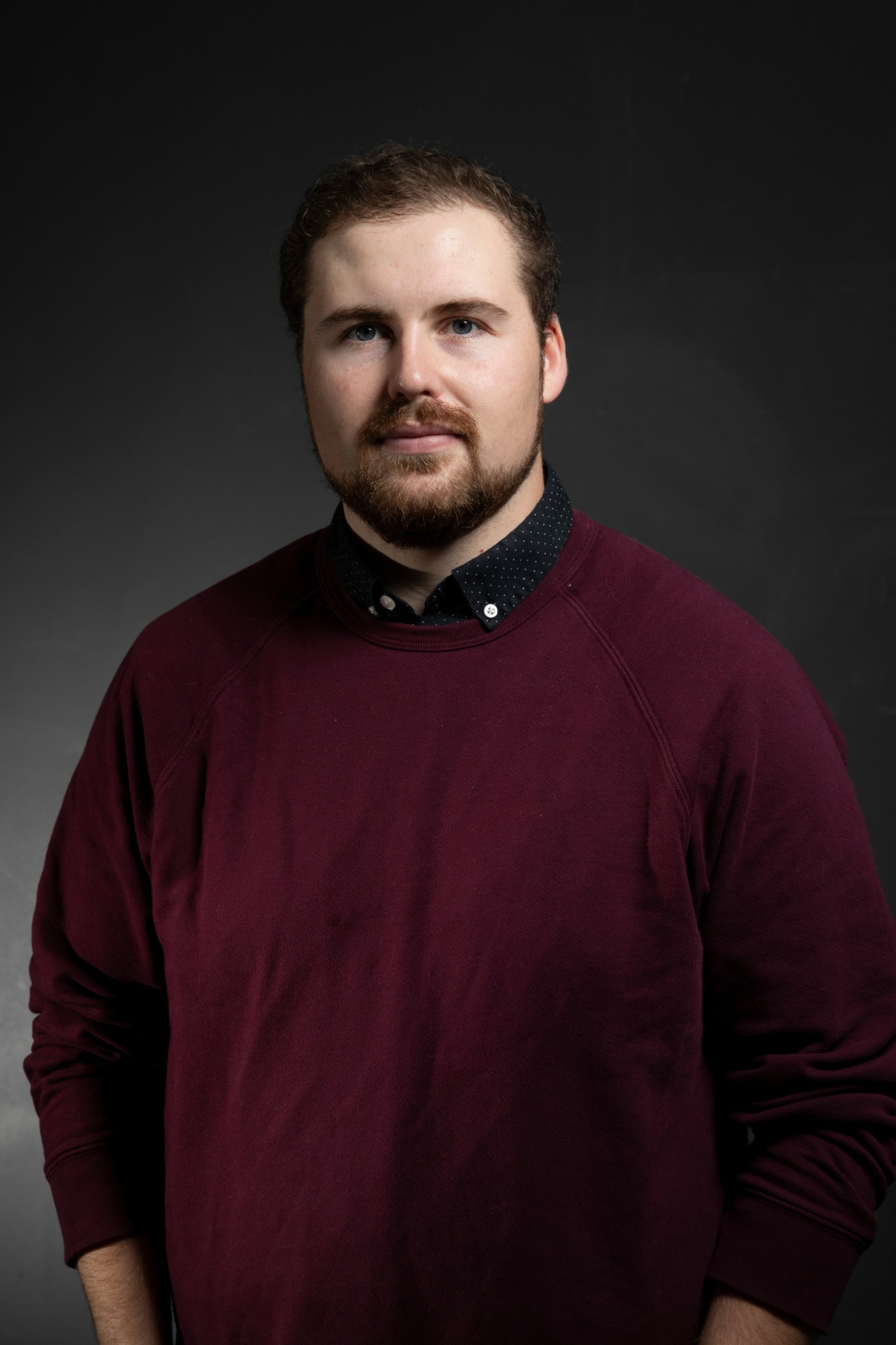
Is there a particular goal or mission driving your creative journey?
Filmmaking, to me, is the most powerful art form because it combines motion, sound, and storytelling to replicate the essence of real life or even the surreal quality of dreams. It’s a medium uniquely suited to evoke empathy, inspire change, and connect people on a deep emotional level. Films have a profound ability to influence perspectives, often for the better, by subtly shaping how we view ourselves and the world.
My mission is to craft realistic narratives with strong moral underpinnings, stories that resonate with audiences not just on the surface but in ways that linger and influence them subconsciously. I’m particularly drawn to exploring themes that speak to my generation, Gen Z, as we navigate a world shaped by unprecedented challenges and rapid social change. Emotional turmoil, male loneliness, and the evolving nature of human connection in a post-COVID era are central to the stories I want to tell.
These are not just abstract ideas—they are lived experiences for many of us. By addressing these topics through authentic characters and situations, I hope to spark understanding and dialogue. My goal is to offer not just entertainment but also a mirror that reflects our struggles and triumphs, encouraging audiences to feel seen and understood. Ultimately, I want my films to serve as both a comfort and a catalyst for growth, reminding us of our shared humanity and the power of resilience.
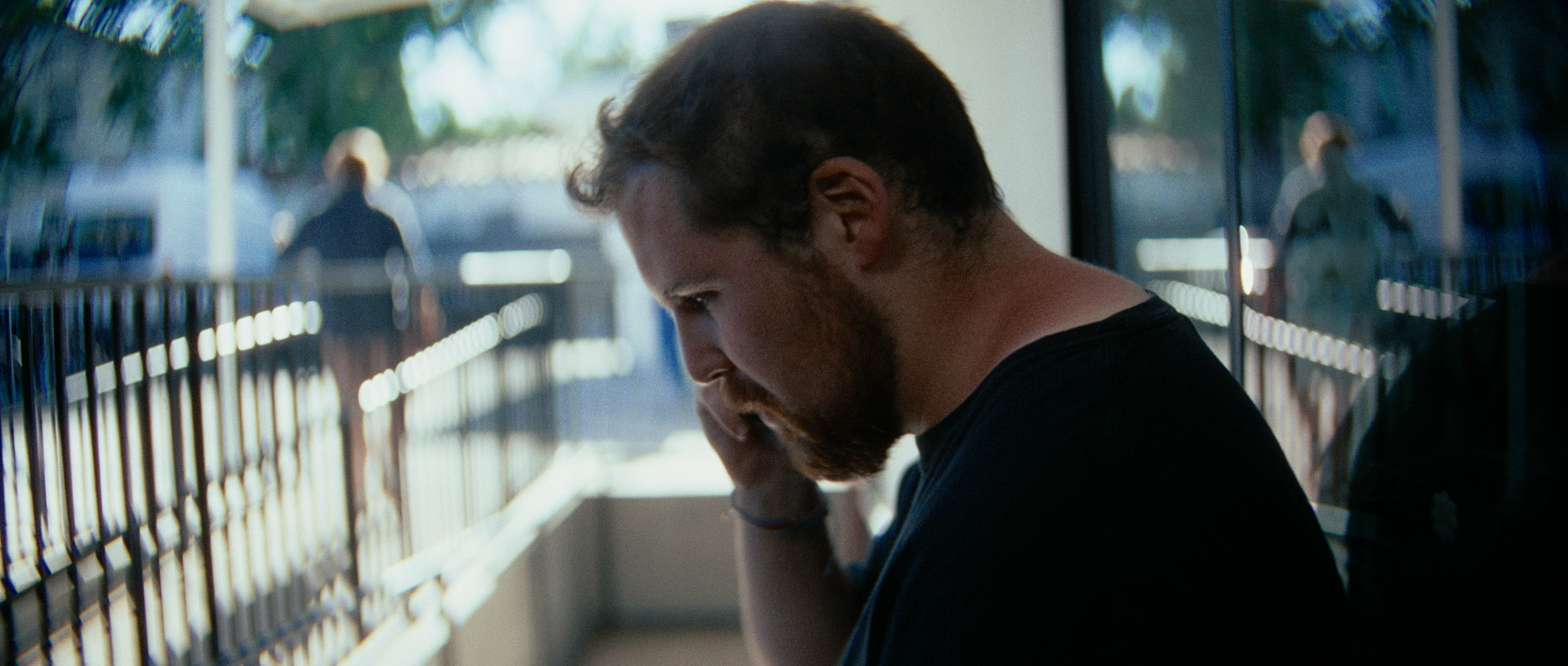
Learning and unlearning are both critical parts of growth – can you share a story of a time when you had to unlearn a lesson?
As a child YouTuber and budding filmmaker, I took immense pride in being original. I was terrified of being labeled as derivative, so I went to extremes, forcing myself to reinvent the wheel at every opportunity. At that time, I could call myself an “auteur” because I worked alone, and this approach was manageable. However, it slowed my creative process considerably. When I eventually began collaborating with others, my fixation on originality made it challenging to articulate my ideas. I was so determined to keep my vision completely unique that it hindered the flow of teamwork and creativity.
The turning point came when I read *Austin Kleon’s Steal Like an Artist.* It reshaped my understanding of creativity. The key lesson I learned was that my intentions were right, but my execution was flawed. Drawing inspiration from references, acknowledging influences, and borrowing elements that resonate with you are all vital aspects of the creative process. The critical distinction is that being inspired by something isn’t the same as copying it outright.
As I matured as a filmmaker, my perspective broadened, and my “palette” of influences expanded. I began to combine elements from different projects, genres, and even other art forms, weaving them together into something uniquely mine. This approach allowed me to express my ideas more clearly to collaborators without compromising originality or settling for imitation.
This lesson has been transformative, and I want to encourage young filmmakers to pursue what inspires them unapologetically. There’s a delicate balance between originality and homage, and finding that balance can elevate your work to something authentic and impactful.
Contact Info:
- Website: https://www.acdirects.com/
- Instagram: https://www.instagram.com/alecman123/
- Linkedin: https://www.linkedin.com/in/alec-cohen-schisler
- Twitter: https://x.com/alecman123
- Youtube: https://www.youtube.com/@acdirects
- Other: My First Film Podcast: https://www.youtube.com/@MyFirstFilmPod
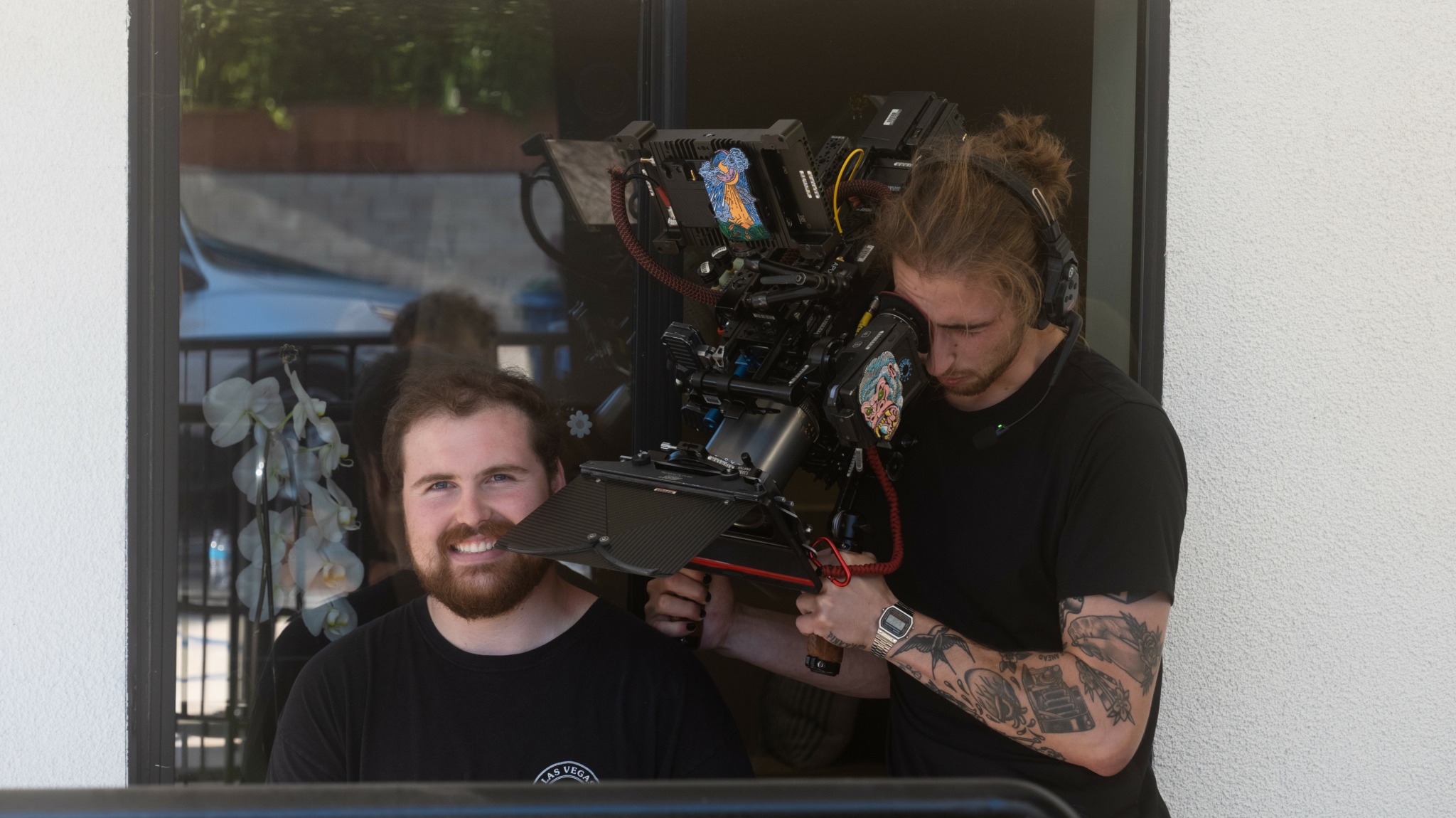
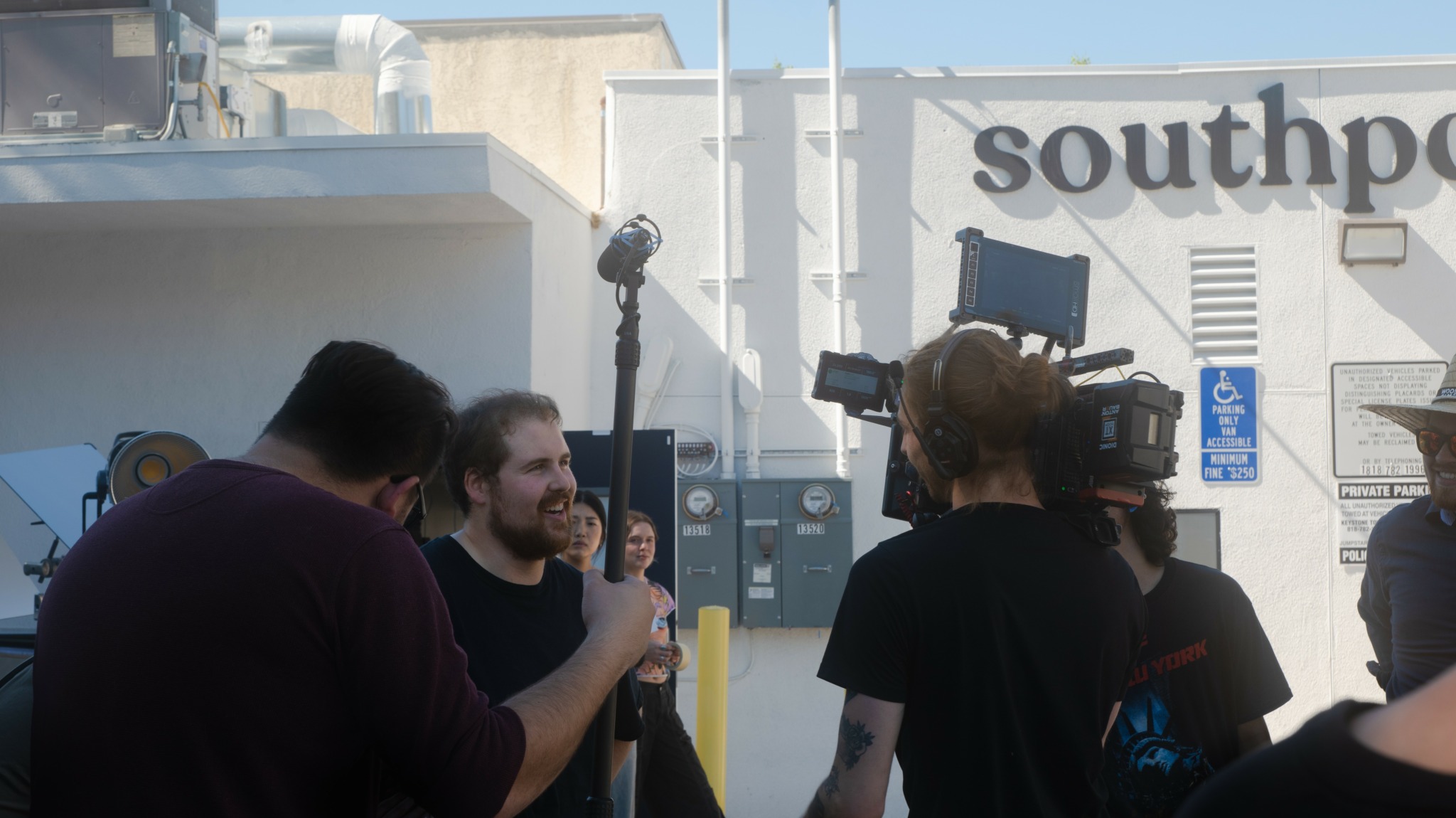
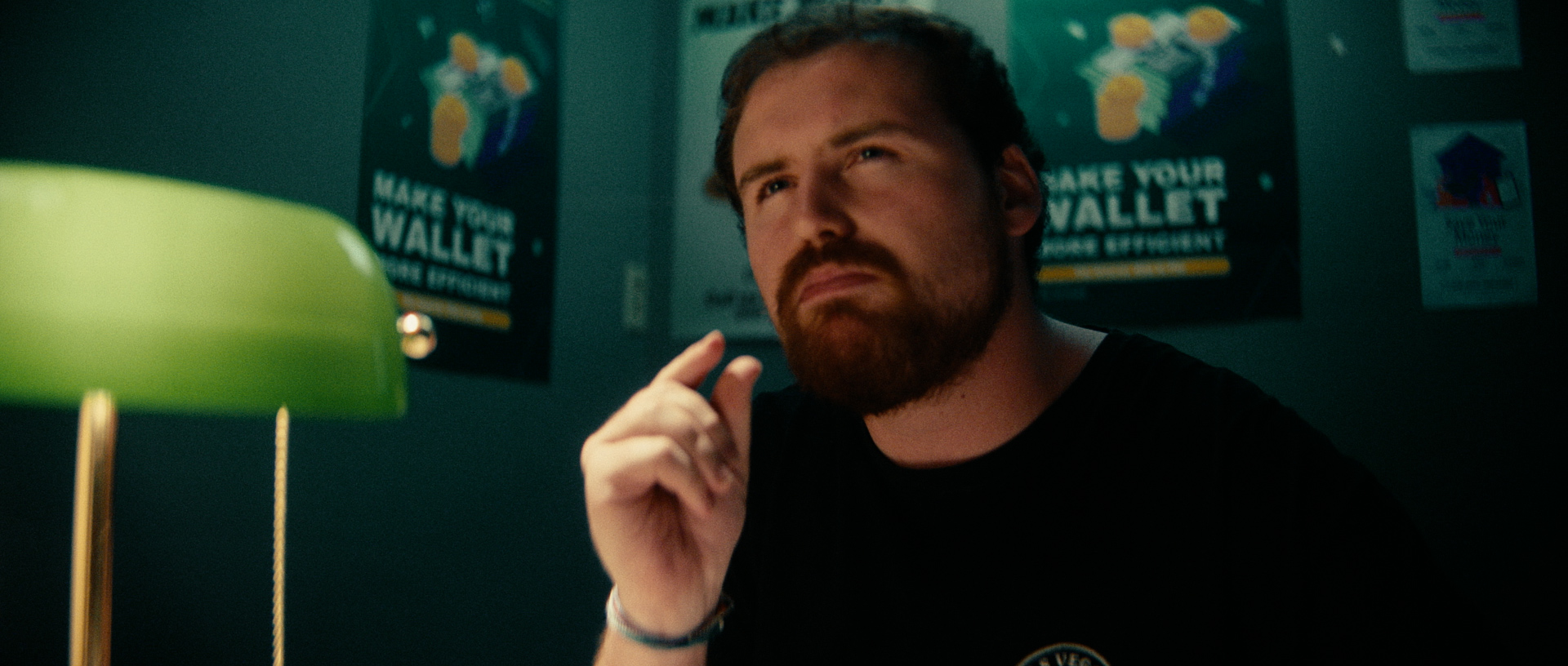
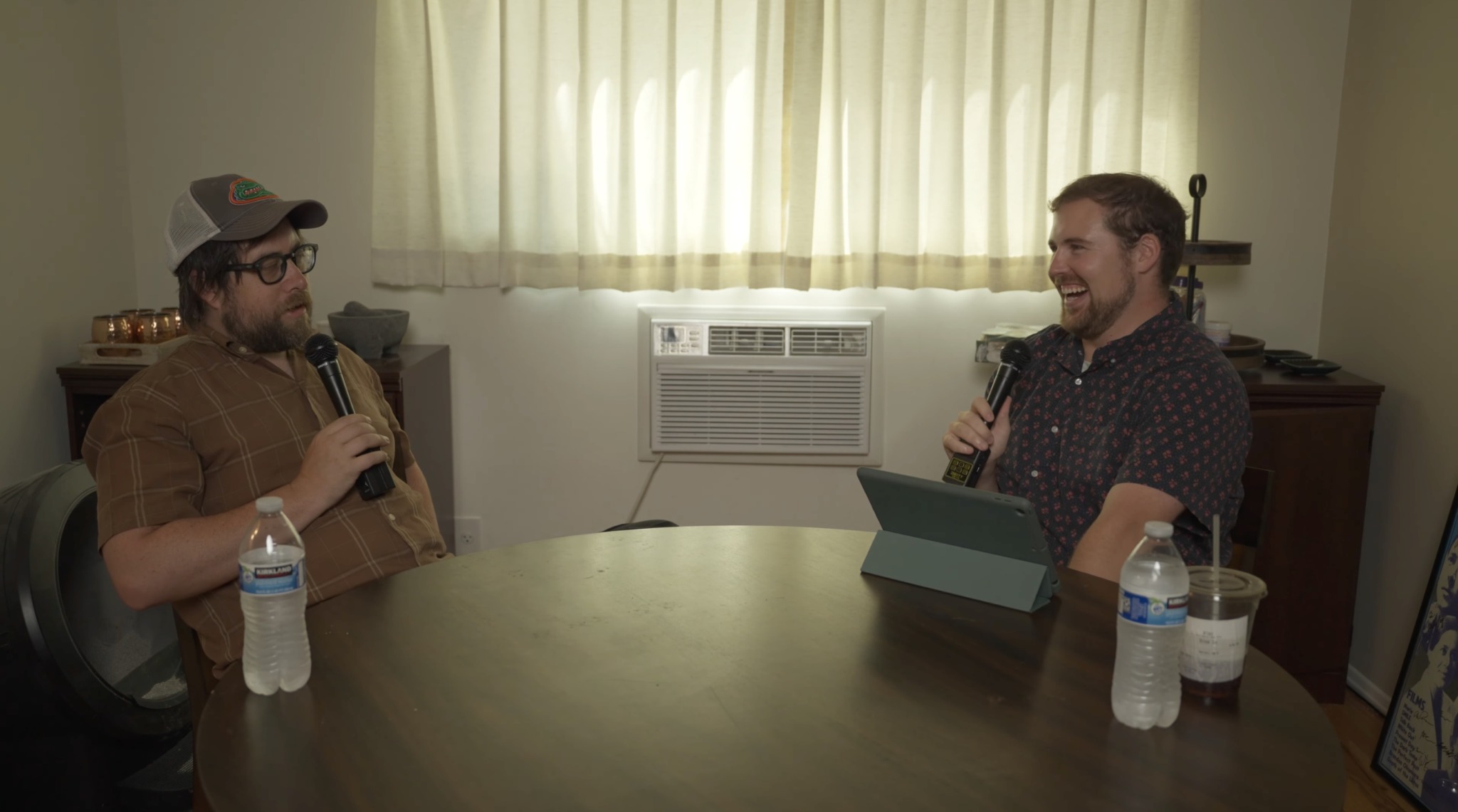
Image Credits
Lydia Hall
Brady Bessette
Tyler Curtis


